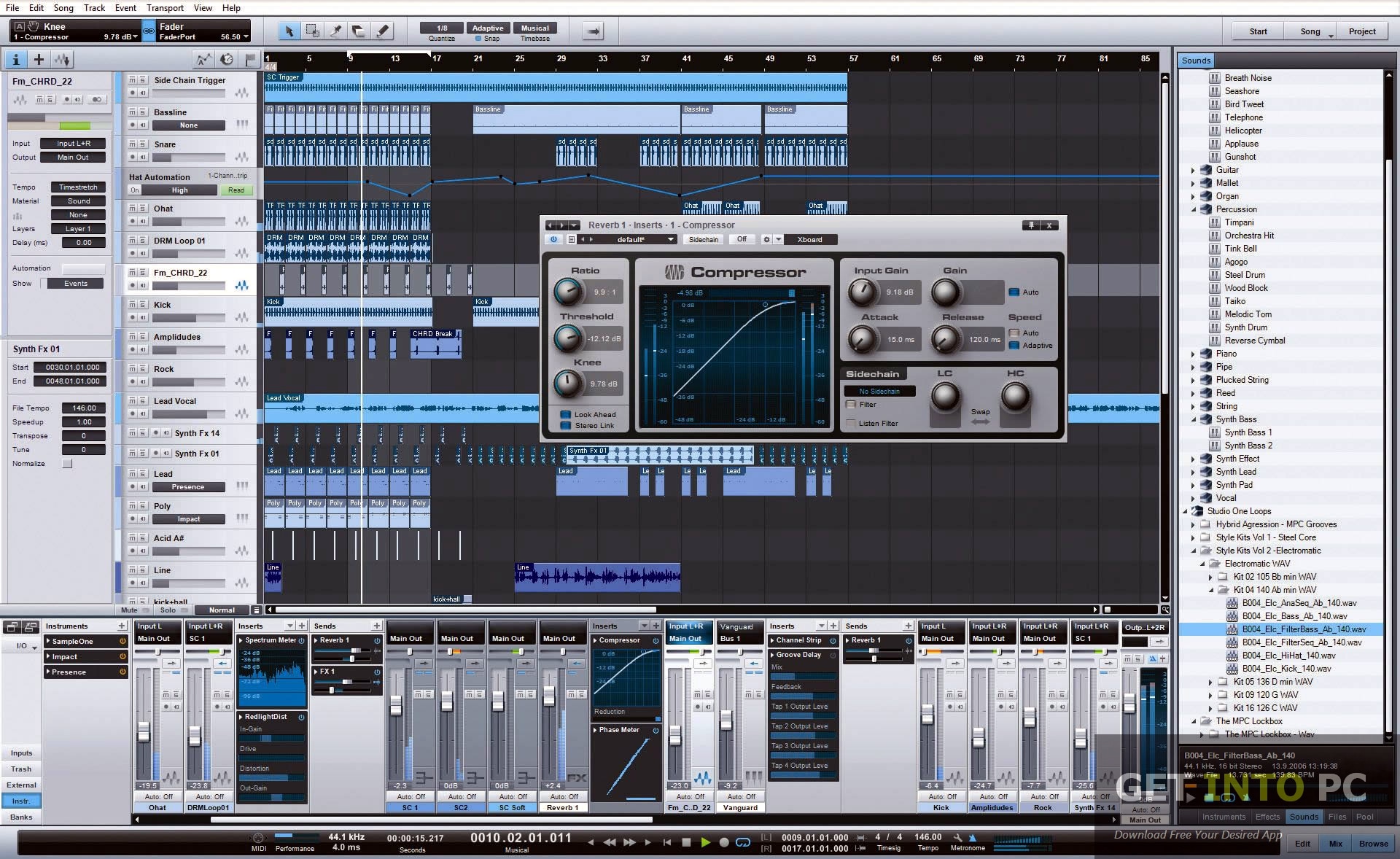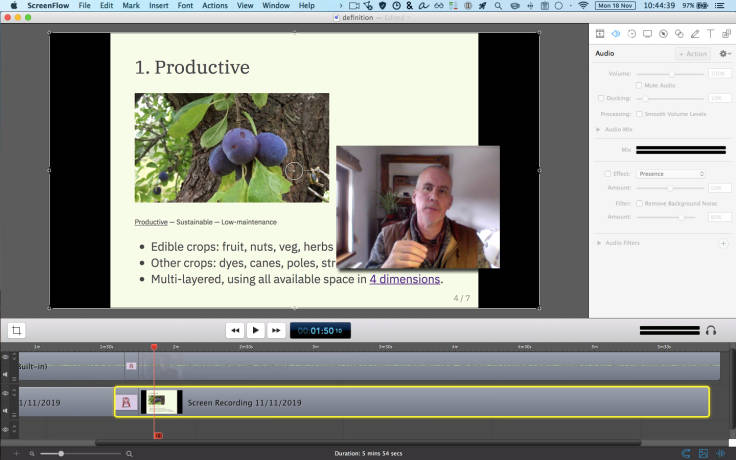
The only exceptions would be if the instructor collects signed release forms from all of their students or they make sure there is no student identifiable information included in the recording. Therefore, if a class recording has any identifiable information, it should only be used for that specific semester/course. This information is protected by the Family Educational Rights and Privacy Act (FERPA). This can include names, images, videos, voice, as well as text chat/questions. Privacy Concerns: Many times class recordings include identifiable information about the students registered for the course. Student Alternatives: Students should be told they can keep their webcams off, and to participate via chat, if they would prefer to not be recorded for distribution. Instructor Alternatives: Instructors should consider making multimedia learning objects if they want to reuse lectures across semesters. Students may find the recording of discussions to be intimidating and may be less inclined to participate. Recommendations: Student Discussion - If a class session includes student discussions, instructors may choose not to record that portion of the class. Verbal Notification: Instructors should tell students when a class session is being recorded. Alternatively, if language was not included in the syllabus, instructors may send an email or make an announcement in the Learning Management System (LMS). It is recommended that they add language to the course syllabus indicating such. This can be a one time notification for the semester. Guidelines: If an instructor plans to record a lecture:Īdvanced Written Notification: Instructors must let students know in writing that class session(s) may be recorded. This can be particularly useful for students who missed a class due to technical difficulties or illness. Watch recordings of classes that they were unable to attend. Review and improve their understanding of the course material. Class recordings can be a valuable resource that students can use to: Instructors may elect to record all classes, a single lecture, or a portion of a lecture.

Recording Class Sessions: At NJIT, it is the instructor’s decision whether they will record a class session.
#Online class recording software how to
Purpose: This policy will provide guidance to instructors and students on when class recordings can be created, how recordings can be used, and how to increase awareness of this policy. Personally identifiable information - FERPA defines “personally identifiable information” as identifiable information that is maintained in education records and includes both direct identifiers (such as a student’s name or ID number) and indirect identifiers (any information which can be used to trace a student’s identity, such as date of birth). Multimedia learning objects - Multimedia learning objects are defined as video, audio, or screen recordings that instructors create outside of class. Recordings can refer to video, audio, or screen recordings. Definitions: Class recording - Class recordings are being defined as recordings of class sessions where students are present either physically or online.

This policy does not apply to multimedia learning objects or online proctoring.

As such, it applies to all modes of instruction. Policy: This policy provides guidance on the recording of class sessions.


 0 kommentar(er)
0 kommentar(er)
